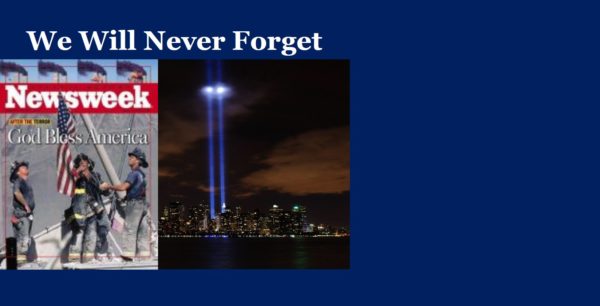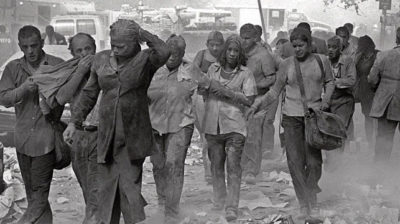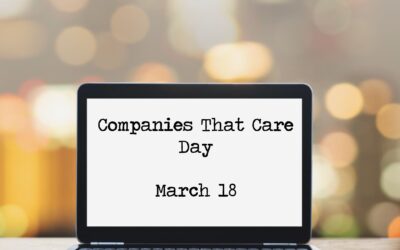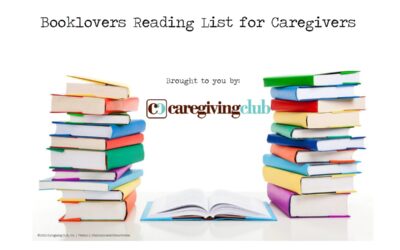
For most adults in 2001, September 11 became our Pearl Harbor day – a day that will live in infamy. I remember watching the tragic news of the day unfold and feeling both the heartbreak for the victims and their families and the heartfelt inspiration of first responders and ordinary citizens helping each other through the horror.
It has been 17 years since evil and hatred made a profound impact on our lives, but with teens who were not even born when planes struck the Twin Towers in Manhattan, the Pentagon and a field in Shanksville, Penn., the coming together as Americans seems a distant memory in our new world of divisiveness and incivility. My hope is that we will never forget how America responds in a national tragedy – as one nation.

Survivors of Twin Towers attack covered in toxic dust and inhale asbestos and other chemicals from 9/11 atttacks
On that day, caregivers were created as many beyond the 3,000 who lost their lives that day face chronic and fatal health issues. Read my article for PBS Next Avenue and Forbes.com about the deaths and health impacts of those near lower Manhattan at the World Trade Center site in the days that following September 11.
Many of the first responders and rescue workers were baby boomers – average age in 2001 of 38 years old. Today they are 55 and experiencing the long-term health effects of their heroism. I was honored to talk to these heroes and their family caregivers and the health care workers and organizations that are dedicated to ensuring that “We Never Will Forget.”
Read
Caregivers of 9/11 – Cancer and PTSD New Challenges for Survivors (published on PBS Next Avenue and Forbes.com)



0 Comments